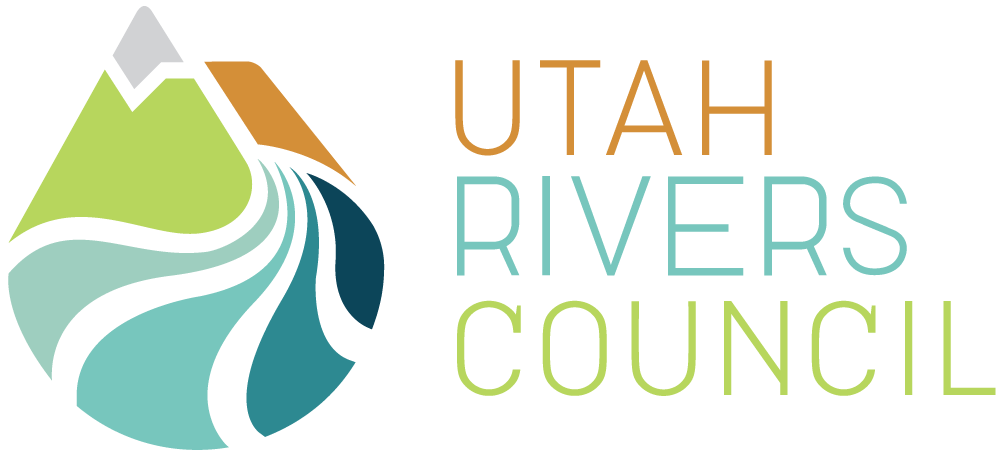New Bill to Fund Great Salt Lake Restoration Unveiled
A new bill was unveiled Wednesday that could help fund restoration of the Great Salt Lake by providing a funding source from existing tax collections over the next five years. Rep. Joel Briscoe (D, Salt Lake) is sponsoring the Great Salt Lake Funding Modifications Bill, HB 286, which would redirect some $60 million in existing annual sales tax collections in Utah to a fund to restore the Great Salt Lake. With Great Salt Lake water levels dropping to alarming levels, lawmakers from both sides of the aisle and millions of Utahns agree it is important now more than ever to protect the Lake.
For the second year in a row, the Great Salt Lake reached record lows due to climate change and upstream water diversions. Rep. Briscoe has unveiled a new bill that would help fund restoring water levels in the Great Salt Lake for the next five years.
The sales tax money being proposed for redirection to restore the Great Salt Lake are currently going to a construction fund which was started by the Utah Legislature in 2015. This fund, known as WIRA, or Water Infrastructure Restricted Account, has amassed a whopping $179 million dollars that haven’t been touched since the creation of the account. The purpose of the fund is to pay for the construction of the Lake Powell Pipeline and Bear River Development.
“Most Utahns don’t know their tax dollars are being used to advance Bear River Development, which is the nail in the coffin for the Great Salt Lake,” said Zach Frankel, the Executive Director of the Utah Rivers Council.
Proposed Bear River Development is a controversial proposal to divert the largest water source to the Great Salt Lake – the Bear River – which provides 60% of the Great Salt Lake’s surface water each year. The proposed water project is one of the largest new water diversion projects in North America which would divert 220,000 acre-feet of water away from the Great Salt Lake and onto the lawns of Northern Utah residences each year. This project would accelerate the shrinking of the Great Salt Lake, which reached two record lows in less than 12 months.
HB 286 would redirect the nearly 60 million sales tax dollars being funneled into the Bear River Development annually, channeling them instead into the Great Salt Lake Account. This would give the Division of Forestry, Fire, and State Lands – the government agency tasked with managing the Great Salt Lake – the much-needed funds to restore water levels in the Lake.
“We ought to be willing to spend whatever is necessary to make sure we preserve the Great Salt Lake and the economy of Utah and, to some degree, the economy of the nation," said Sen. Mitt Romney in a video conference call with members of Utah media in July 2022.
Proponents of Bear River Development, including the Utah Department of Natural Resources, say the project won’t be necessary until 2050. With continued conservation efforts, many believe the project will never be necessary, meaning the sales tax dollars in WIRA will continue to collect dust as the Lake continues to shrink.
“One of the biggest obstacles [to saving the Great Salt Lake] is just coming up with enough funding to make a difference,” said Rep. Joel Ferry, the Director of the Department of Natural Resources, at the Salt Lake County Watershed Symposium in November.

